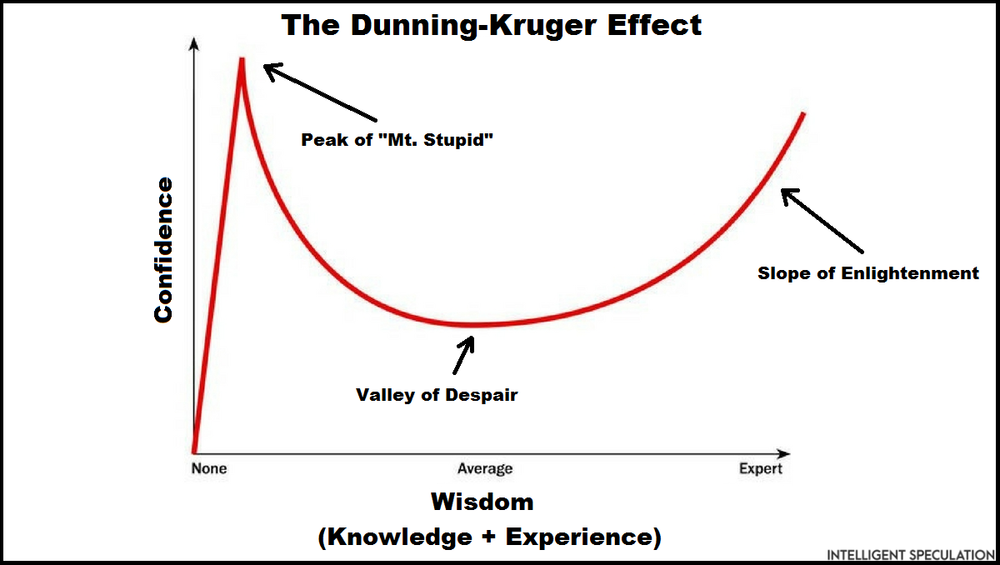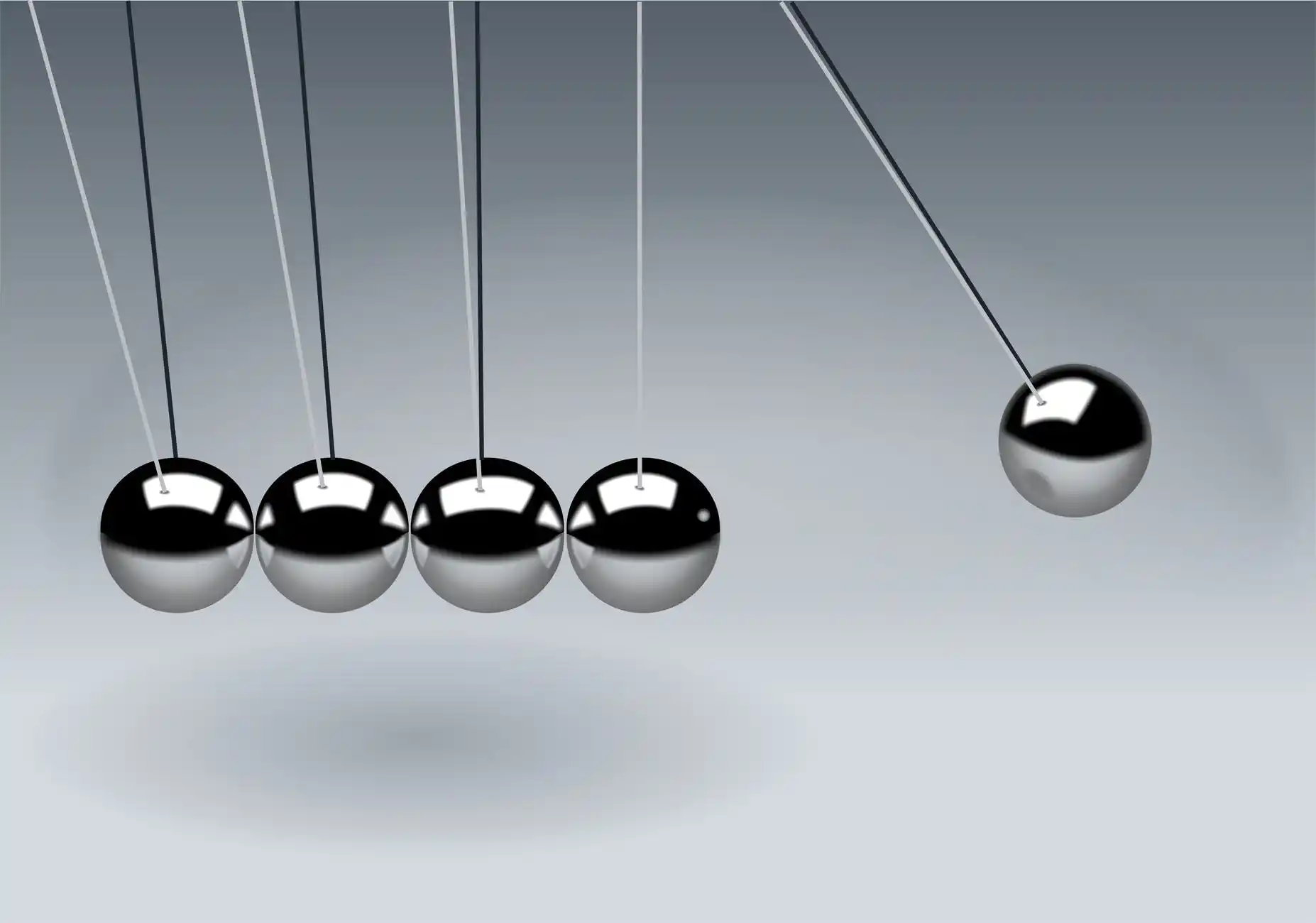In 1995, a man named McArthur Wheeler walked into a bank in broad daylight and robbed it—without a mask. When police later arrested him, he was baffled. “But I wore the juice!” he protested.
Turns out, Wheeler believed that rubbing lemon juice on his face would make him invisible to security cameras. He was so confident in his flawed logic that he didn’t even question it.
This bizarre incident caught the attention of two psychologists, David Dunning and Justin Kruger. Their research led to a groundbreaking insight: the people who are least competent at something often overestimate their abilities the most.
Let Me Explain
The Dunning-Kruger Effect describes how people with low ability in a specific area tend to overestimate their competence. Simply put, the less you know, the more you think you know.
At the core of this bias is meta-ignorance—not only do people lack the skills, but they also lack the ability to recognize their own incompetence.
Meanwhile, true experts often do the opposite. The more they learn, the more they realize how much they don’t know.
As Charles Darwin put it, “Ignorance more frequently begets confidence than does knowledge.”

Let’s Deep Dive
The Dunning-Kruger Effect plays out in many areas of life:
🔹 In Business – New entrepreneurs might think they have everything figured out, only to realize later how complex building a company truly is.
🔹 In Learning – A beginner in a skill (like playing chess or investing) may assume they’ve mastered it after a few wins, only to be humbled by more experienced players.
🔹 On Social Media – The loudest opinions often come from those with the least expertise. The truly knowledgeable speak cautiously because they know the nuances.
The key lesson? Confidence is not always a sign of competence. True growth happens when we embrace humility and keep learning.
Bringing It Home
So, how do we overcome the Dunning-Kruger Effect?
✅ Stay Curious – The moment you think you’ve “arrived” is when you stop growing. Keep questioning your assumptions.
✅ Seek Feedback – Surround yourself with people who challenge your views and provide honest input.
✅ Embrace the Learning Curve – Feeling like an impostor isn’t always bad—it means you’re aware of the gap between where you are and where you want to be.
Socrates once said, “The only true wisdom is in knowing you know nothing.” The smartest people are the ones who keep searching, questioning, and learning.
Your Turn
Think about an area in your life where you once felt confident—only to later realize how little you actually knew. What changed your perspective?
The more we stay open to learning, the less likely we are to fall into the trap of false confidence.
Learning never stops.
Take a moment to reflect and act on what resonates with you.
Keep evolving.
— MJ Nyota




